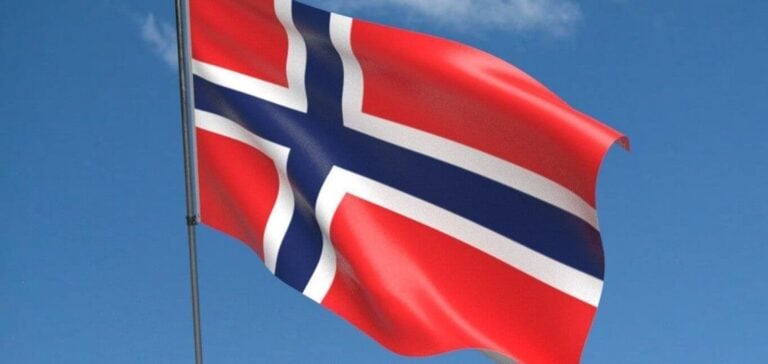The Norwegian government has allocated 53 exploration licenses as part of the Awards in Predefined Areas (APA) 2024, an annual cycle aimed at strengthening exploration in mature zones of the Norwegian continental shelf. This program is crucial for extending the lifespan of existing energy infrastructures and ensuring energy security in Europe.
Distribution of Licenses
Of the 53 licenses awarded, 33 are located in the North Sea, 19 in the Norwegian Sea, and one in the Barents Sea. A total of 20 companies, including leaders like Equinor and Aker BP, will share these opportunities. Furthermore, 13 operators have been designated, a key element in conducting exploratory projects in the awarded zones.
Main Beneficiaries of the Licenses
Equinor Energy AS stands out as the most represented company with 27 licenses, including seven as an operator, reaffirming its dominant role in exploration and resource management in Norway. DNO Norge AS follows with 13 licenses, demonstrating an ambitious strategy centered on strategic discoveries.
Aker BP, on the other hand, received 19 licenses, including 16 as an operator, consolidating its presence in key areas such as the Frigg field west of Yggdrasil. Other players like Harbour Energy Norge AS and TotalEnergies EP Norge AS have also obtained a significant share of licenses, diversifying the market landscape.
A National Energy Strategy
Norwegian authorities emphasize the importance of these allocations in maintaining employment, generating economic benefits, and ensuring a gradual energy transition. “We must ensure the stability of energy supply while encouraging new discoveries,” declared Energy Minister Terje Aasland during the official announcement.
The APA program, established in 2003, relies on a predictable and regular approach, providing companies with opportunities to explore areas already equipped with significant infrastructure, such as pipelines and production facilities.
Challenges and Perspectives for New Projects
Although these new licenses present an opportunity for companies, they are granted in a context of growing challenges, including the maturity of the Norwegian continental shelf and the pressure to reduce greenhouse gas emissions. Beneficiary companies, such as INPEX Idemitsu Norge AS (8 licenses) or OKEA ASA (8 licenses), will need to combine technological innovation with responsible resource management.
The initiative also highlights Norway’s central role in Europe’s energy supply at a time when Europe is striving to diversify its energy sources while strengthening energy security.





















